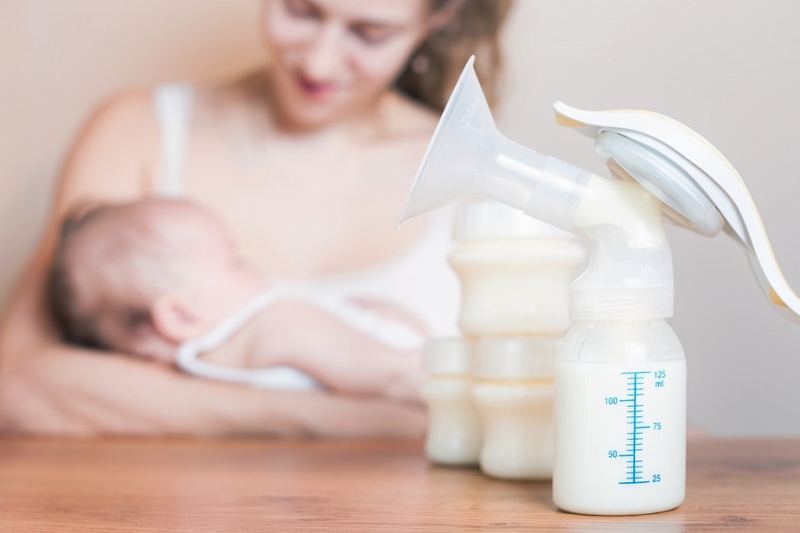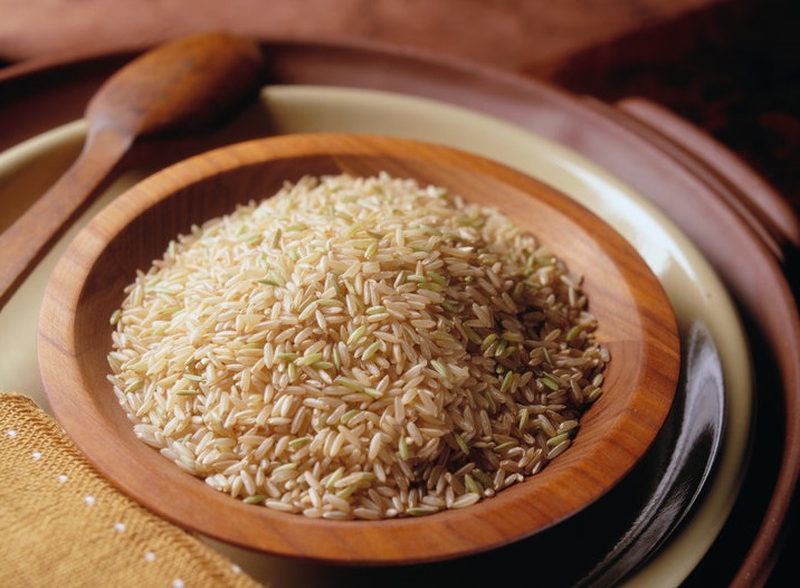After giving birth, many moms worry about their milk supply and whether they’ll be able to produce enough to feed their new born. It is important to produce enough milk to meet the growing needs of a baby. The best way to determine whether you’re producing enough milk is by looking at your baby’s growth curve. If the baby is putting on weights and growing along their growth curve, then it is safe to assume that everything is hunky-dory. Normally, a newborn might lose weight during the first 5 days after birth. However, they’ll regain this weight and go back to their birth weight within the first 14 days. If you’re finding it hard to produce enough milk for your growing baby, here are some tips on to help you out.

How to Increase Breast Milk
Ming the Feeding Frequency
You should breastfeed your baby at least every 2 hours throughout the day. This will help increase milk supply. If your baby is constantly sleeping, make sure to wake him/her up for a feeding after every two hours. You should also wake them for an extra feeding at night. Some babies need a bit of prodding to breastfeed as frequently as they should. This is especially so for babies with mellow personalities. Sling feeding, night nursing and skin-to-skin contact help stimulate more frequent feedings.
Avoid Waiting for Breasts to Fill Up
You shouldn’t wait for breast milk to fill up in order to feed your baby. There’s always milk in the breast and the more you feed your baby the more milk is produced. When you shorten the time between feedings, you increase the levels of fat in breast milk. High fat milk is good for your baby as it helps them gain weight.
Nurse Your Baby for Longer
Wondering how to increase breast milk? Why not try feeding your baby for a predetermined number of minutes on each breast. Allow the baby to suckle on one breast until they’re done before moving to the next. This will enable the baby to feed on high fat hindmilk. The foremilk is not as rich in fat content as hindmilk.
Have Enough Water and Juices
Juices and water help boost breast milk production as they help prevent dehydration and replace any fluid lost during breastfeeding. You should take plenty of water throughout the day to help increase total milk volume for every feed.
Try Oils and Fats
While it is recommended to keep oils and fats at bay immediately after pregnancy, it is important to ensure your diet contains adequate amounts. Fats and oils help in the absorption of minerals and vitamins that are required for healthy breast milk. They also help in the supply of healthy fat to the newborn baby.
Undress Baby While Feeding
You should undress the baby during feeding to encourage skin-to-skin contact. This helps awaken babies when they’re sleepy and helps encourage poor feeders. Undress them down to tier diaper and make sure to take your bra off to maximize skin contact. You can use a blanket around the baby’s back to protect them from the cold. This is one important tip on how to increase breast milk.
Try Sling Feed
Keeping the baby close to your breasts will encourage them to feed more. Consequently, milk supply will increase. Use a sling in between feedings even when the baby is napping. Research has shown that some babies actually feed better when they’re on the move. Wear them in a sling and you’ll trigger a feeding spree.
Avoid Pacifiers and Bottles
Avoiding bottles and pacifiers ensures that your baby’s sucking is done at the breast. You can transition to pacifiers and the bottle as the baby gets older since they’ll be able to transition from breast to pacifier without sacrificing on the important breast stimulation. This helps optimize breast milk yields during the early days.
Stave Off Stress
Stress can greatly affect breast milk production. You should always make sure you’re relaxed and calm during feeding sessions. Play soothing music or read a book. You can also do anything else that helps you calm down. Use a warm compress or massage your breasts to help improve milk production before breastfeeding.
Give Supplement with Pumping
Pumping allows moms to store expressed milk giving them a way to store some for a rainy day. Pumping also helps stimulate production of breast milk. If you’re wondering how to increase breast milk, then you should try supplementing with pumping. Buy a high quality pump or rent a hospital-grade one. Make a habit of pumping for about 15 minutes every few hours. Alternatively, you can choose to pump in between feedings. You should pump both sides simultaneously to maximize milk production.
Eat Almonds
Almonds are loaded with vitamin E and omega 3. Vitamin E reduces itching caused by pregnancy stretch marks and omega 3 boots hormones that help increase milk production. You can add crushed almonds to a glass of milk or add some almonds to a bowl of oatmeal.
Add Sweet Potatoes into Diet
Rich in potassium, vitamin C and B vitamins, sweet potatoes help in production of energy and muscle relaxation. This helps keep you energized throughout the day and improves milk production since you won’t get weary from all the feeding. You can make a sweet potato smoothie or make some pudding for dessert.
Drink Cow Milk
Cow milk contains EFA and calcium and promotes breast milk production. Make sure to take at least 3 glasses a day.








View All Comments /Add Comment